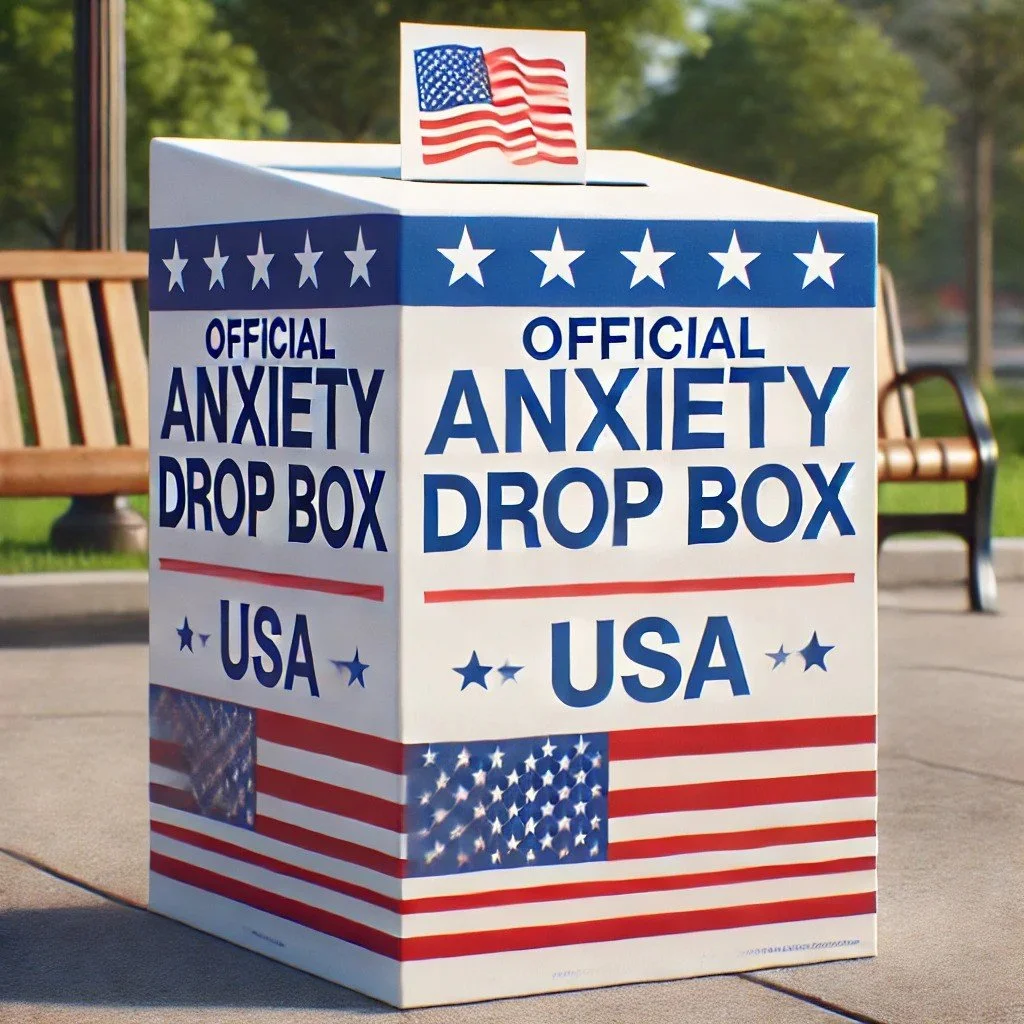What No One Tells You About Being a Family Cycle Breaker
If you're the one in your family who’s decided this stops with me, congrats! Choosing to break painful intergenerational patterns like emotional neglect, codependency, abuse, enmeshment, or chronic avoidance is a brave and life-changing decision. But what no one often tells you is that it’s not just hard, it’s complicated, lonely, and sometimes even painful. As trauma therapists who work with millennials, LGBTQ+ clients, and adult children of dysfunctional families, here’s what we want you to know.
1. It’s Lonely, and You Might Feel Guilty
Becoming a cycle breaker often means you’re stepping outside the unspoken family rules. Maybe you're the first to go to therapy, or to say “no” to dysfunction that’s been accepted for generations.
That can bring up deep loneliness. You might wonder why you're the one who sees the problem and feels responsible for fixing it. You may even feel guilty for distancing yourself or for wanting something different.
This guilt doesn’t mean you’re doing something wrong. It means you care. But caring doesn’t have to mean self-sacrifice.
2. You’ll Question Yourself… And That’s a Sign You’re Growing
Doubt is normal. You might ask yourself, “Am I being too harsh?” or “What if I’m making things worse?”
Questioning your decision to set boundaries or change patterns isn’t a red flag; it’s often a sign that you’re shifting out of survival mode and into conscious, unfamiliar choice. It means you’re no longer reacting from fear or habit. You’re slowing down, reflecting, and doing the hard work of changing your relational blueprint.
Holistic therapy can be especially supportive here, helping you reconnect with your body, values, and sense of self, not just your coping strategies.
3. Your Family Will Resist
Don’t be surprised if your family pushes back.
Resistance doesn’t always look aggressive. It might show up as guilt-tripping, dismissiveness, or sudden closeness that fades as soon as you stop complying. Often, the people around you are trying (consciously or unconsciously) to restore the old family dynamic, where everyone knew their role and things stayed familiar.
That doesn’t mean your boundaries are wrong. It means they’re working.
If you’ve experienced trauma, this kind of relational pushback can be triggering. EMDR therapy can help you stay grounded and anchored when old wounds get activated.
4. You’ll Have to Set Boundaries Over and Over Again
Boundary-setting isn’t a one-time act. It’s a practice.
Family members often “test” your limits, either to see if you really meant it, or to nudge things back to the way they were. If they do, try not to see that as failure. It’s actually a sign that they noticed the shift, even if it’s messy at first.
Consistency matters more than perfection. Keep showing up for yourself.
5. Your Family Might Get More Creative in Testing You
Here’s the hard truth: the more your family sees that you’re serious about change, the more subtle (or strategic) their responses may become. They may bring up old wounds, use insider knowledge, or press on vulnerabilities that make you second-guess yourself.
This can be especially painful if you’re part of a marginalized group. Many of our LGBT clients have shared how their family’s attempts to invalidate their identity feel deeply personal.
Healing often means stepping outside your family's definition of who you're supposed to be and defining yourself on your own terms.
6. It’s Worth It
Yes, it’s exhausting. Yes, you might grieve what you wish your family could be. But reclaiming your energy, your time, and your sense of self? That’s priceless.
When you become the cycle breaker, you don’t just heal for yourself. You become the possibility of something new for future generations—whether that’s your children, your chosen family, or simply the version of you that’s finally allowed to rest.
Holistic Therapy In Los Angeles, San Francisco, & Throughout California & Florida
Looking for support as you do this work? Whether you’re processing trauma with EMDR, or looking for a holistic therapist who understands the nuances of breaking generational patterns, we’re here to help. Our team offers specialized care, including anxiety therapy, therapy for young adults, trauma therapy, and LGBT-affirming counseling throughout California & Florida. Schedule a free consultation today.

















